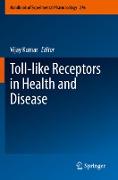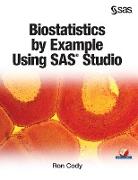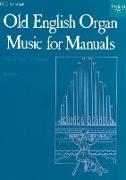- Start
- Toll-like Receptors in Health and Disease
Toll-like Receptors in Health and Disease
Angebote / Angebote:
The current book is focussed on the Toll-like receptors (TLRs), which are the first pattern recognition receptors (PRRs) discovered in humans. For example, TLR4 was first recognized in humans in 1997 as a PRR recognizing the Gram-negative bacterial lipopolysaccharide (LPS). This discovery revolutionized the field of innate immunity and filled the long-standing gap in the pathogen recognition by the immune system. Now, it is well established that humans have 10 (TLR1-TLR10) and mice have 12 (TLR1-TLR13) functional TLRs, excluding TLR10 that is present as a defective pseudogene. TLRs are present as both membrane-bound extracellular (TLR1, TLR2, TLR4, TLR5, TLR6, and TLR10) and intracellular (TLR3, TLR7, TLR8, and TLR9) PRRs in humans, which identify different pathogen or microbe-associated molecular patterns (PAMPs or MAMPs) and death or damage-associated molecular patterns (DAMPs) released by the host cells. A lot of development in the TLR biology has occurred in last 24 years since there first discovery in humans.
The book is intended to describe their role in the host defence, human reproduction, non-infectious sterile inflammatory conditions, including brain immunity and cerebrovascular diseases, signaling mechanisms, adaptive immunity, and their targeting for drug development.
Folgt in ca. 10 Arbeitstagen




